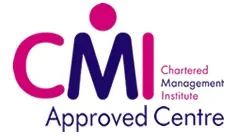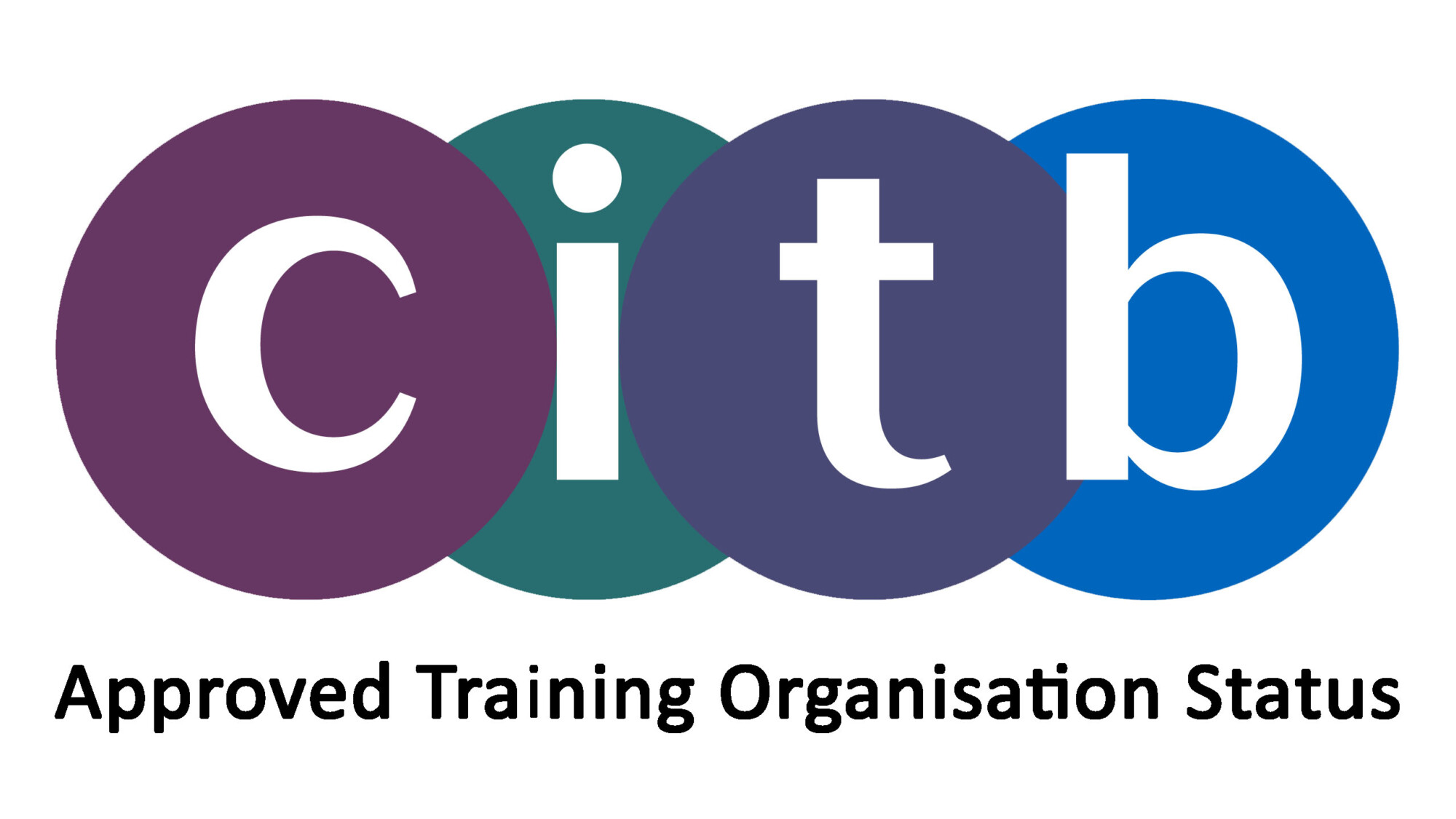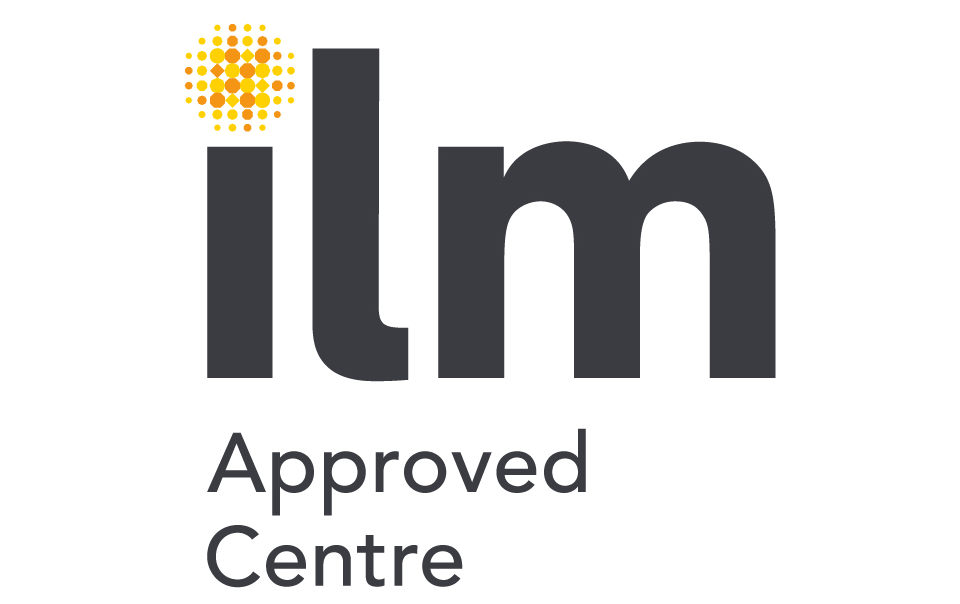Overview
We know that 1 in 6 workers will experience depression, anxiety or problems relating to stress at any one time. According to research by Mind:
- One in five people take a day off sick because of stress, but 90 per cent of those people give a different reason for their absence. This is often due to fear or shame.
- One in ten people have resigned from a job due to stress and one in four people have considered resigning due to work pressure.
- One in five people felt they couldn’t tell their boss if they were overly stressed.
- Of the 22% of people who have a diagnosed mental health problem, less than half had actually told their boss about their diagnosis.
- Over half of managers said they would like to do more to improve staff mental wellbeing, but they needed more training and/or guidance and 46 per cent said they would like to do more but it is not a priority in their organisation.
To help tackle these problems and boost wellbeing and productivity for people and organisations, Keystone offers Mental Health and Wellbeing training.
A 2-day course accredited by Mental Health First Aid England suitable for those who will act as workplace champions of mental health and wellbeing
The purpose of this accredited 2-day course is to give participants the knowledge and skills to identify when someone might be experiencing poor mental health, the confidence to hold a conversation with them, the knowledge to be able to signpost them to additional support and resources, and the skills to follow-up appropriately. The training is suitable for aspiring Mental Health First Aiders, Mental Health Champions, HR team, and equivalent roles.
Why go for proper MHFA England accredited training?
- 91% of people had a better understanding of mental health after completing their MHFA England course.
- Since MHFA England was founded in 2007, their Instructor Members like Sharon Elphick (see page X) have trained hundreds of thousands of MHFAiders.
- All MHFA England Instructor Members like Sharon Elphick are accredited by the Royal Society of Public Health, meaning you can expect a quality assured and consistent training experience.
Objectives
By the end of the course, participants will be able to:
- Recognise those that may be experiencing poor mental health and provide them with first-level support and early intervention.
- Encourage a person to identify and access sources of professional help and other supports.
- Practise active listening and empathy.
- Have a conversation with improved mental health literacy around language and stigma.
- Discuss the role in depth, including boundaries and confidentiality.
- Practise self-care.
Content
-
- What is Mental Health First Aid?
- What do we mean by mental health, poor mental health and mental ill health?
- The mental health matrix (health to poor health and diagnosed to undiagnosed).
- Using the ALGEE model to hold supportive mental health conversations.
- Common mental health challenges and how to help:
- Depression
- Anxiety
- Eating disorders
- Psychosis
- Substance misuse
- Problem gambling
- Mental health crises and how to help:
- Panic attacks
- Self-harm
- Traumatic events
- Severe psychosis
- Recognising the signs and symptoms of suicidal thoughts and behaviours.
- Approaching and talking with a suicidal person.
- Further support and resources.
- Following up with someone you have supported.
- Personal action planning.


